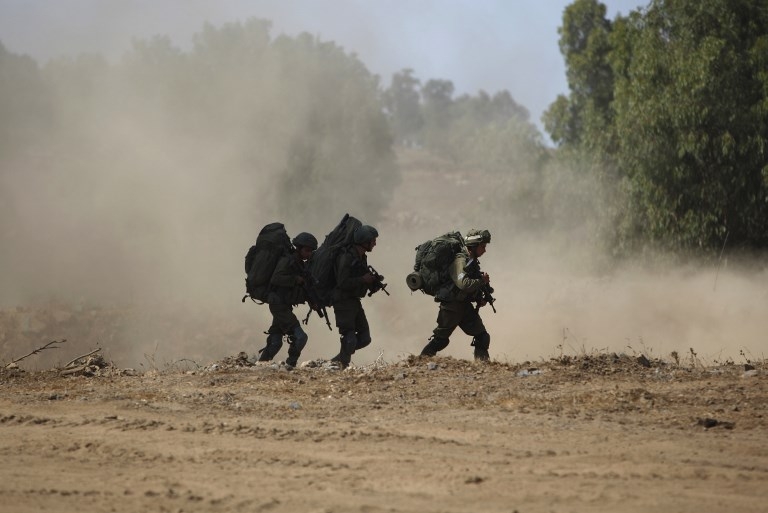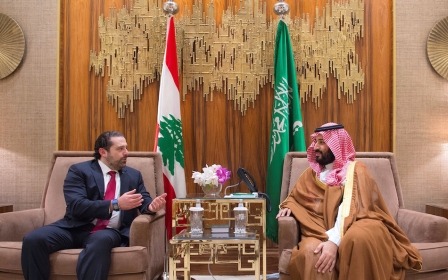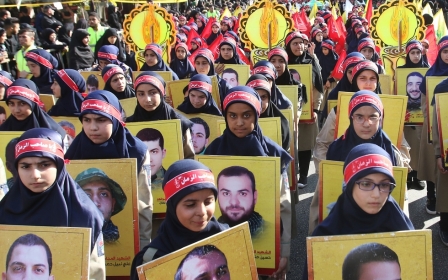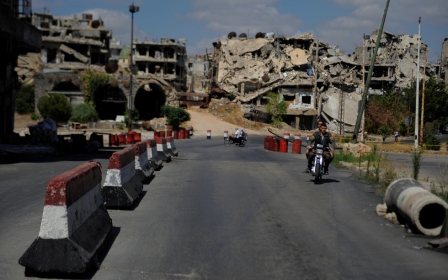ANALYSIS: A Hezbollah-Israel war less likely after Hariri quit

Israelis are closely following the dramatic events in Lebanon. A result of the Sunni-Shia schism and the Iran-Saudi rift, the turmoil will have ramifications for the entire region, including Israel although as an observer, not as a participant.
For the Israeli political and military leadership, Lebanese Prime Minister Saad Hariri's resignation on Saturday is an internal event and they have neither plans, nor aspirations to interfere or influence them.
Hezbollah knows very well that in the next war, Israel intends to take off its gloves
Burnt twice in the wars of 1982 and 2006, Israeli military chiefs and the political leaders want to avoid repeating their past mistakes. After trying - and failing - to control the Christian Maronite Bashir Gemayel, who was elected as Lebanon's president in 1982 but assassinated by the Syrians before he took power, they no longer dream of regime change.
Israeli vision and strategy nowadays is reduced to three goals: to maintain peace and tranquility along the Lebanese-Israeli border which has been respected by both sides for the past 11 years; to refrain from provoking Hezbollah to prevent an escalation or a new war; and, at the same time, to do everything possible to weaken Lebanese-Shia military capabilities.
These goals are achieved by a clever policy of keeping to the letter the 2006 ceasefire agreement and subsequent UN resolutions while taking advantage of the Syria civil war by attacking Hezbollah's weapons supplies – especially long-range accurate missiles - supplied by Iran and delivered to the group through Syria and into Lebanon.
Israel rarely takes responsibility for the attacks on Syrian soil, so Hezbollah is unable to accuse the country of violating the ceasefire.
Nevertheless, the new chaos in Lebanon serves Israeli interests well. When Hezbollah is preoccupied with a political crisis at home and its military is bogged down in fighting to defend the government of Bashar Assad, its already small appetite for a new war with Israel grows even smaller.
More generally, Israeli national interests are served by any measures, taken by anyone, to curb Iranian influence.
It's clear to the Israeli intelligence community that this crisis was not spontaneous, nor a result of a real or even invented plot to assassinate Hariri. Rather, Saudi Arabia premeditated the events within the framework of its battle with Iran over regional hegemony and leadership of the Muslim world.
Riyadh senses that Iran is making significant inroads in Iraq and Syria and that Tehran is emerging as a major winner - alongside Assad and Russia - of the wars there and the defeat of the Islamic State.
So its move is aimed at containing what it perceives as Iranian expansionism and send a strong signal that Tehran's backyard - Lebanon - is vulnerable. In other words, just as Iran uses proxies like the Shia militias in Iraq and Hezbollah in Lebanon, so too can Saudi Arabia.
Hariri's resignation caught Iran and Hezbollah by surprise. But for now, Israeli experts believe that even if the Lebanese crisis is prolonged, Hezbollah will maintain a conciliatory approach to avoid violent clashes or a civil war domestically and to prevent initiating or being dragged into an external war with Israel.
Despite its rhetoric, Hezbollah knows very well that in the next war, Israel intends to take off its gloves and launch a massive attack not only against its military and political power but also against Lebanon as a state.
Middle East Eye propose une couverture et une analyse indépendantes et incomparables du Moyen-Orient, de l’Afrique du Nord et d’autres régions du monde. Pour en savoir plus sur la reprise de ce contenu et les frais qui s’appliquent, veuillez remplir ce formulaire [en anglais]. Pour en savoir plus sur MEE, cliquez ici [en anglais].




